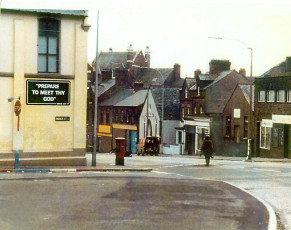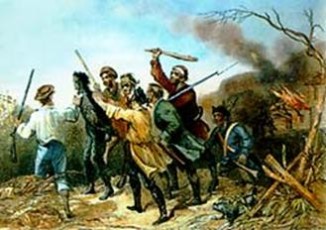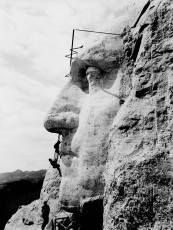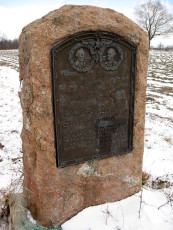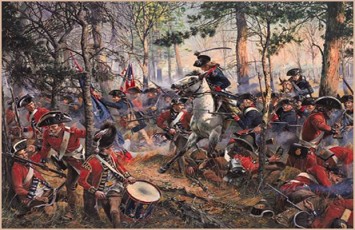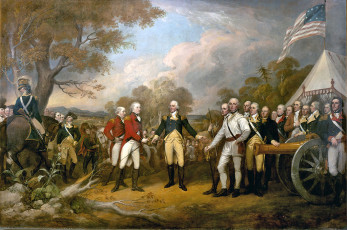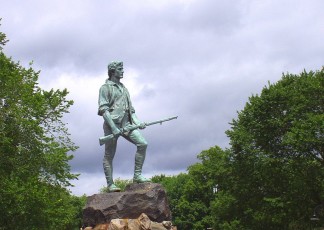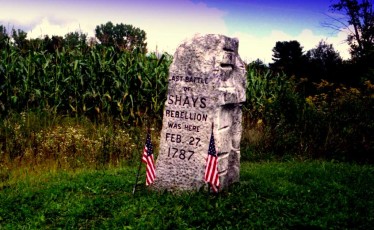
Every revolution produces people (generally of the lower ranks within the revolutionary faction) who take the rhetoric & supposed ideology of the revolution at face value and expect that rhetoric & ideology to actually apply to them. But every revolution also produces people (generally of the elite within the revolutionary faction) who really just want to be the “new boss” and, as a result, are often willing to blatantly violate the stated ideals of the revolution they were ostensibly leading.
Here we see this phenomenon in regards to the aftermath of the American Revolution, and two oft-overlooked ‘rebellions’ in early post-Independence History — Shays’ Rebellion of the 1780s and the Whiskey Rebellion of the 1790s. This episode will cover Shays’ Rebellion, and next episode will cover the Whiskey Rebellion.
Join CJ as he discusses:
- The concept of Thermidor and how the things we’re talking about in this episode (plus the writing & ratification of the Constitution, which we’re not getting into in great detail here, & the Whiskey a Rebellion we’re covering next time) constituted Thermidor for the (partial as it was) American Revolution
- Shays’ Rebellion, from its origins through its suppression and aftermath
- How the Rebellion added impetus to those pushing for a bigger, stronger federal government (eventually called “Federalists”) and how the Federalists’ victory with the US Constitution set the stage for the next Revolutionary Aftershock, the Whiskey Rebellion, which we’ll cover next episode
External Links
